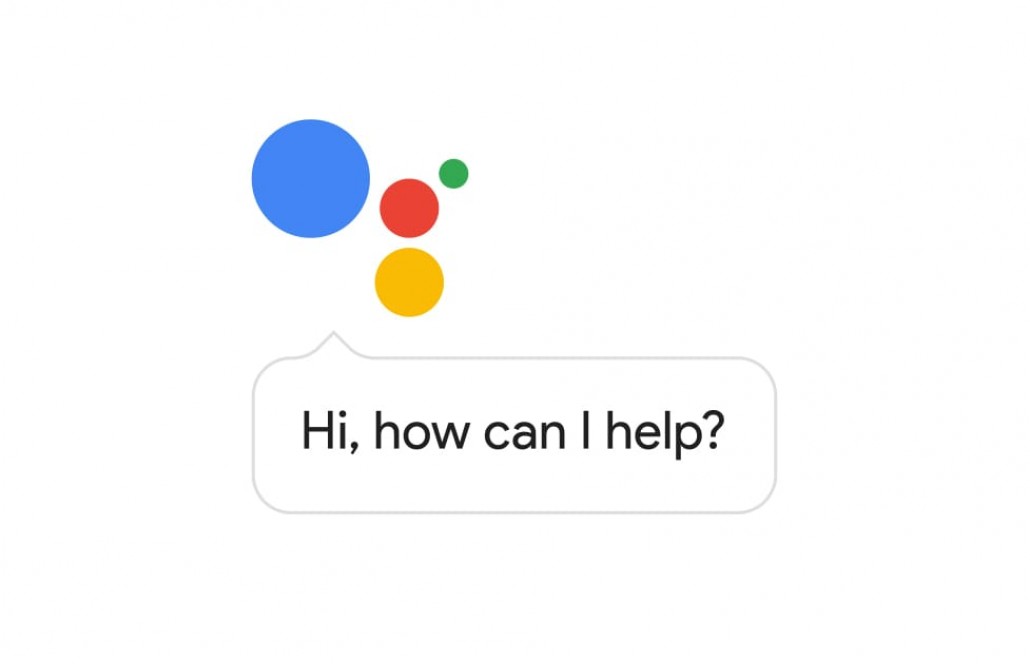During 2017, Google’s machine learning voice recognition technology passed a key milestone. The technology achieved a 95% word accuracy when interpreting human speech which is a threshold equivalent to the accuracy of two humans talking to each other in the same language.
Matt Bush, director of agencies at Google UK, noted in a recent article that, “Google’s latest consumer research shows that people who started using voice in the last six months are the most frequent voice adopters, with 42% using it daily, in comparison to those who started using it over four years ago, where it is frequently used by just 25%.”
This development is no doubt linked to the enhanced user experience facilitated by the maturation of this technology.Add this to the fact that 55% of American teens use voice search more than once a day and over 40% of users say it’s quicker than using a web browser or app. In addition, fast-growing, high-population countries like Brazil, India, Mexico and Indonesia (1,9 billion people in total), all with expanding and youthful consumer cultures, lead the way in voice search penetration rates.
Digital marketers focussed on meeting the needs of young (16 to 34), on-the-go consumers looking for food, shops and entertainment need to incorporate the online behaviour of this demographic into their strategic considerations. 50% of voice searches happen on-the-go and more than 50% of all voice searches have a local element to them (i.e., queries for food and drink, local information, shopping, travel, sports, and entertainment).Bush observes that, “Some brands are already on the front foot. Domino’s launched an app in Australia earlier this year that allows consumers to order pizza via voice, removing the need to go through a menu and click to order the right choice. Essentially, the company is increasing the number of channels by which consumers can get what they want – it has a dozen ways to order without needing any human contact.”
Google’s consumer research also revealed that voice search is most often used in the kitchen. People preparing meals have little time or inclination to keep reactivating their screens to scroll through ingredients, instructions or load up instructional videos. Findings of this nature have implications for brands supplying groceries, kitchenware, cookery books and even white goods.
One of TMI’s paid search areas of specialisation is the iGaming vertical. Much of the activity in this sector occurs in the frenetic lead up to big sporting events like the Grand National or the Cup Final. Highly functional voice search applications seem uniquely calibrated to serve pertinent information to potential and active punters trying to refine their decision making in the highly volatile lead ups to major games, matches and races. TMI’s expertise in this area will see us well-placed to leverage voice search’s commercial potential in sports betting.



